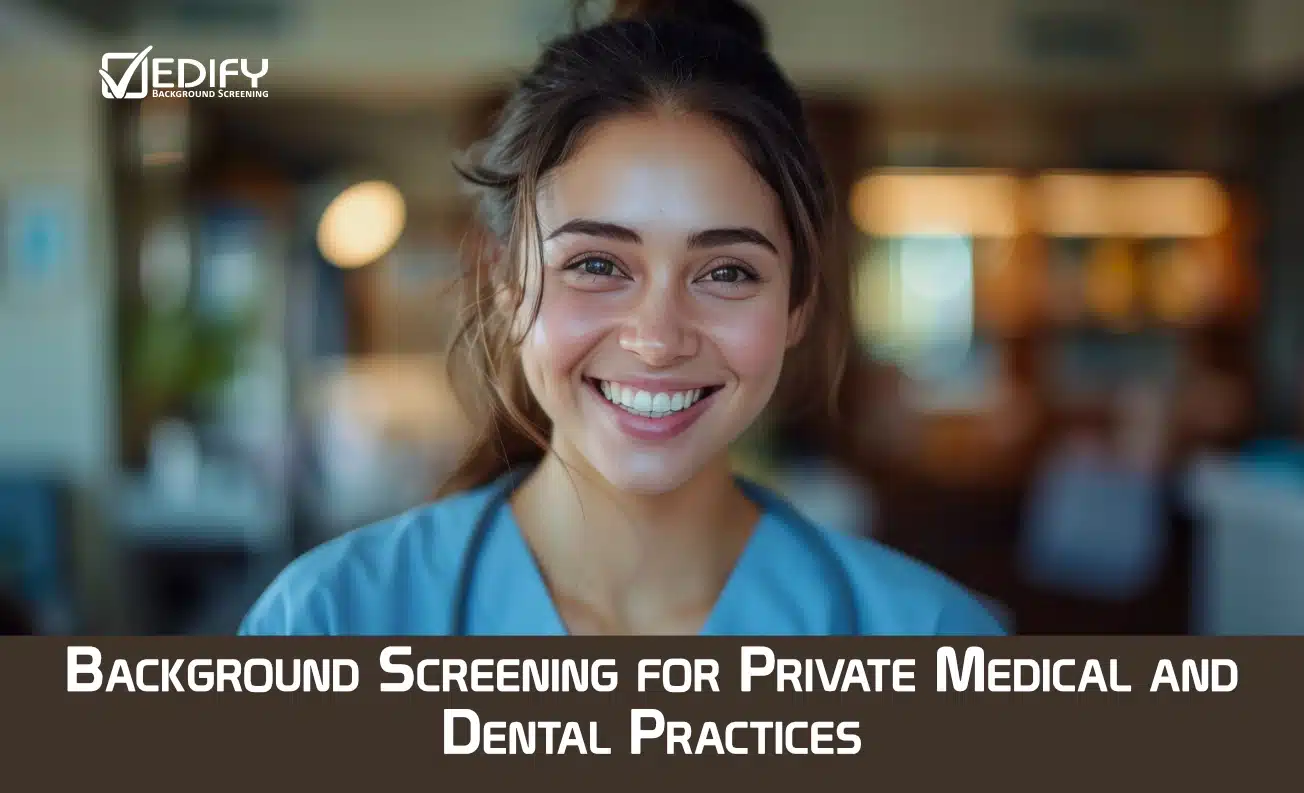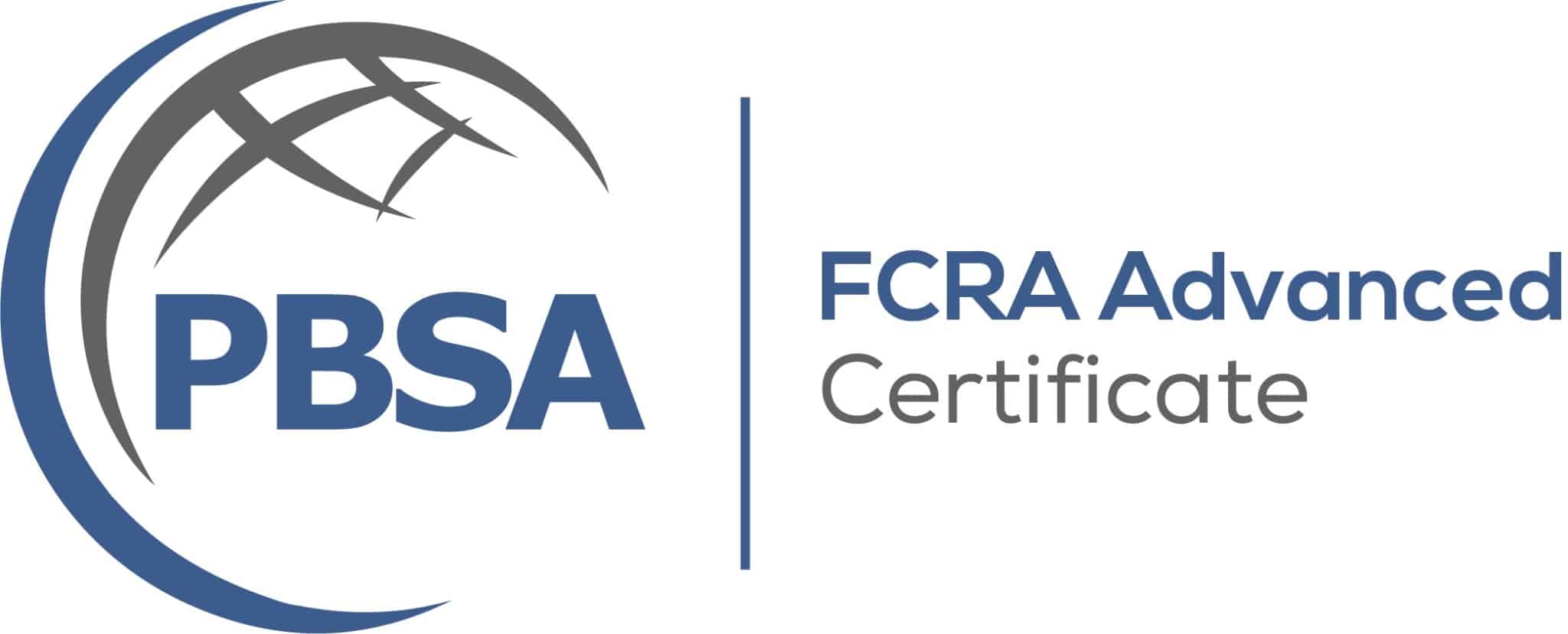Background Screening for Private Medical and Dental Practices
Who you screen, what you screen for, and why it all matters.
Privately owned medical and dental practices face unique risks in the hiring process. While patient care is at the center of your mission, the people you bring into your organization—from licensed providers to front office staff—can directly impact your reputation, financial stability, and regulatory standing.
Unlike large hospital systems with internal legal and compliance departments, smaller practices often lack the resources to recover from a costly hiring mistake. That’s where a comprehensive, role-specific background screening program becomes essential.
This article breaks down who should be screened, what you need to screen for by role, and most importantly, why background screening is a non-negotiable safeguard for small and mid-sized healthcare practices.
WHO Needs to Be Screened in a Private Practice?
Any individual who interacts with patients, handles sensitive data, manages billing, or accesses medications should undergo a background check. This includes:
-
Licensed clinical staff (e.g., physicians, physician assistants, dental hygienists, nurses, nurse practitioners)
-
Unlicensed patient-facing roles (e.g., medical assistants, dental assistants)
-
Administrative and billing staff
-
Practice managers and supervisors
-
Contractors and temporary staff
-
Volunteers or interns with access to patients or sensitive data
Real-world stat: In 2023, the U.S. Department of Justice reported over 1,100 healthcare fraud enforcement actions, many involving small practices with insufficient hiring protocols.
Why screen everyone?
Even roles that may seem low-risk on the surface can create substantial liability. For example, a receptionist with access to insurance records and patient scheduling systems may have the ability to commit fraud or identity theft. Similarly, an unlicensed assistant working without proper oversight could cause direct patient harm.
WHAT to Screen For (Role by Role)
Let’s break down the screening focus by the most common role types in a medical or dental practice:
1. Licensed Providers (Physicians, Nurses, Hygienists, Technicians)
Key Risks: Fraudulent licensure, disciplinary actions, malpractice history, drug use
Screening Focus:
-
License and board certification verification
-
Sanction checks (OIG, SAM)
-
Drug testing
-
Criminal background checks (federal and local)
-
Education verification
Example: A dental hygienist hired without license verification was later found to be using a stolen identity. The practice was fined by the state dental board and suffered patient attrition due to negative publicity.
2. Unlicensed Clinical Support (Medical Assistants, Dental Assistants)
Key Risks: Lack of training, criminal background, inappropriate patient conduct
Screening Focus:
-
Criminal record check
-
Education and credential validation (e.g., CPR certification, vocational training)
-
Sex offender registry search
-
Employment history
Case study: A dental assistant in Georgia was hired without a background check. She later stole controlled substances from the practice and was found to have two prior misdemeanor drug convictions. The dentist had to report the incident to the DEA and invest in new access control systems.
3. Administrative Staff (Receptionists, Billing Coordinators, Office Managers)
Key Risks: Embezzlement, fraud, HIPAA violations, patient harassment
Screening Focus:
-
Identity and SSN verification
-
Criminal background (especially for financial crimes)
-
Employment history and references
-
Credit check (optional, where legally permissible)
Stat: According to the Association of Certified Fraud Examiners, healthcare organizations lose 5% of annual revenue to employee fraud, with billing fraud and embezzlement being top culprits.
4. Practice Leadership (Supervisors, Managers)
Key Risks: Compliance failures, harassment claims, unsafe culture
Screening Focus:
-
Expanded criminal and civil court record search
-
Education and credential verification
-
Reference interviews (not just verification)
-
Sanction and exclusion lists
These individuals shape the culture and compliance posture of your office. A poor hire at this level can cause downstream issues with turnover, morale, and legal risk.
5. Temporary and Contract Staff
Key Risks: Limited vetting by staffing agency, patient risk, short-term oversight
Screening Focus:
-
Require staffing firms to meet your screening standards
-
Run your own screening if not contractually guaranteed
-
Always verify licenses and OIG status independently
Tip: Add screening clauses to vendor agreements and temp agency contracts to ensure due diligence.
WHY Background Screening Matters in Private Healthcare
1. Patient Safety and Trust
Patients assume that everyone in a healthcare setting has been vetted. Failing to meet that expectation can lead to serious consequences.
-
A 2022 study by the National Patient Safety Foundation showed that 1 in 20 patients have experienced harm in outpatient settings, often due to system failures or unqualified staff.
-
Hiring someone with a violent or abusive history—especially in pediatric or geriatric care—can be catastrophic.
2. Regulatory Compliance
Federal programs like Medicare and Medicaid require that you do not employ individuals on exclusion lists. Failing to comply can result in:
-
Civil monetary penalties
-
Repayment of all federal funds received during the period of non-compliance
-
Loss of billing privileges
State medical and dental boards may also enforce disciplinary actions for unlicensed practice or negligent hiring.
3. Liability and Litigation
Negligent hiring lawsuits are among the most expensive a healthcare practice can face. If a patient or co-worker is harmed by an employee with a known history of misconduct, the employer can be held liable.
-
Settlements often exceed $100,000, and some reach into the millions.
-
Legal costs, negative publicity, and loss of reputation compound the damage.
4. Operational Continuity
When you hire someone who turns out to be unqualified or disruptive, you lose time, morale, and momentum. Re-hiring and retraining drain small teams of focus and resources.
The Background Screening Checklist for Private Practices
Here is a condensed checklist to guide your screening program. This can be downloaded, printed, or reviewed as part of your hiring SOP:
Foundational Checks for All Roles
-
SSN Trace and ID Verification
-
7 Year County and Federal Criminal Record Searches.
- Nationwide Criminal Database Search with AKAs.
-
Nationwide Sex Offender Registry Check
-
Federal OIG and SAM Exclusion Screening
-
Employment History Verification
-
Education Verification
- FACIS Healthcare Sanctions and Abuse Search
Role-Specific Add-Ons
-
Licensed Staff: License status, board actions, malpractice history
-
Administrative/Billing: Financial records (credit check, if applicable), fraud indicators
-
Clinical Assistants: Training credentials, abuse registry screening
-
Temp/Contract Roles: Third-party vetting confirmation or direct screening
-
High-Risk Roles: Drug screening, civil litigation search
How Edify Background Screening Can Help
We specialize in Background Screening for Private Medical and Dental Practices. That means:
-
Healthcare-specific screening packages built for your roles and regulations
-
Fast turnaround times without sacrificing accuracy
-
Compliance-first approach to help you meet FCRA, EEOC, OIG, and state requirements
-
Human support to guide you through tricky cases, disputes, or legal questions
Final Thoughts
Background Screening is not just a legal box to check—it’s one of the most powerful tools you have to protect your patients, your license, and your livelihood.
If you operate a privately owned medical or dental practice, don’t wait until something goes wrong to evaluate your process.
Book a free consultation today with Edify Background Screening.
We’ll review your needs and help you build a program that’s efficient, compliant, and tailored to your practice.
The resources provided here are for educational purposes only and do not constitute legal advice. We advise you to consult your own counsel if you have legal questions related to your specific practices and compliance with applicable laws.













